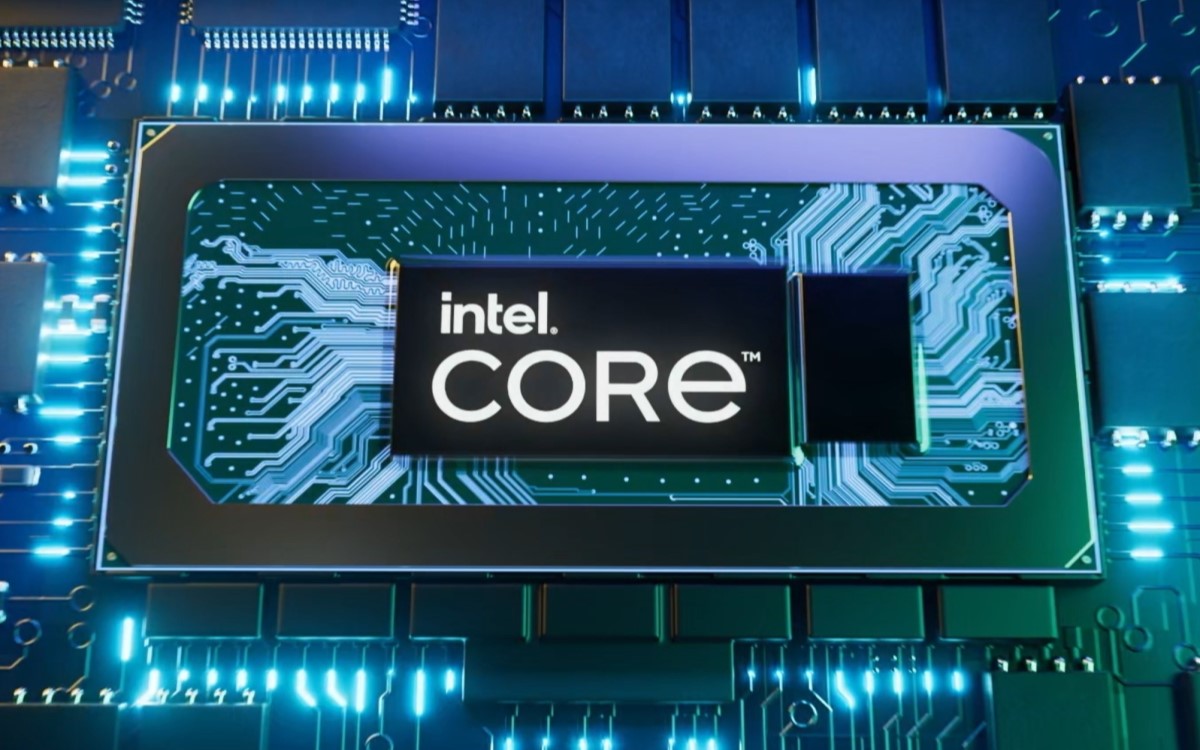
The instability problems of 13th and 14th Generation Intel CPUs have taken a new turn, with the manufacturer refusing to fulfill RMA requests related to the cases.
The case was brought to light by HardwareTimes, which showed two units that presented stability failures – the Core i9-13900KF processor and the Core i7-14700KF. According to the prints presented, the company refused to address the i9 problem, offering the service only for the 14th Generation i7.
See more:

The page stated that the Intel Core i9-13900KF had a PCIe flaw, limiting bus utilization. When using PCIe Gen5, the computer would not work and would display the famous blue screen of death. With PCIe Gen4x4 it became functional, but not without compromising bandwidth.
Initially the manufacturer replaced the 13th Generation CPU with a new unit, but this presented the same problems after two months of use – with the error log showing that there were 44,242 events in the four-month period.
Although Intel initially agreed to reimburse the user, at the end of the contact, it was revealed that the refund request had been denied – leaving the user with the loss on their hands. They publicized the case because it was one they had witnessed, but they warn about the number of people who do not speak out when they suffer the same thing.

For some time now, Intel has shown that it is not adequately dealing with the instability problems presented by its 13th and 14th Generation CPUs. An update was promised to solve the issue, but it never appeared.
They recently issued an order for their motherboard manufacturing partners to reduce the Default Power Limit in the BIOS. Many of them, like MSI, have already complied with the new regulations – but the cases continue to appear.

A video from Level1Techs shows that the majority of the errors only occur with 13th and 14th Gen Intel CPUs. In Oodle’s game telemetry data, these processors experienced 1,431 decompression errors. When using AMD CPUs, only four errors were seen – a hugely disproportionate number, to say the least.
These instability problems resulted in errors such as the well-known “Out of Video Memory” and also in the shading compilation process – causing games to crash or even, in more extreme cases, to the blue screen of death.
Given the discontent among customers, motherboard manufacturers, and PC builders, it’s possible that these instability issues represent a departure from Intel’s Arrow Lake – Core Ultra 200 processors. With AMD bringing its CPUs out earlier and with fewer bugs and errors, an impact on its operations is possible.
Fonte: WCCFTECH

Join the Adrenaline Offers Group
Check out the best deals on hardware, components and other electronics that we found online. Video cards, motherboards, RAM and everything you need to build your PC. By joining our group, you receive daily promotions and have early access to discount coupons.
Join the group and enjoy the promotions
Source: https://www.adrenaline.com.br/intel/intel-nega-pedidos-rma-para-cpus-de-13-e-14-geracao-com-instabilidade/


